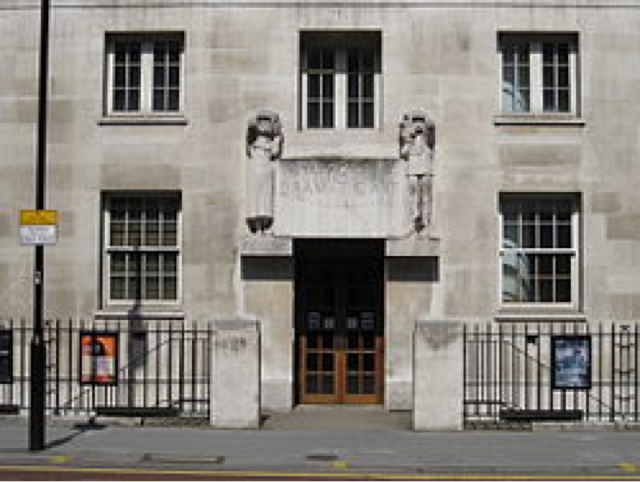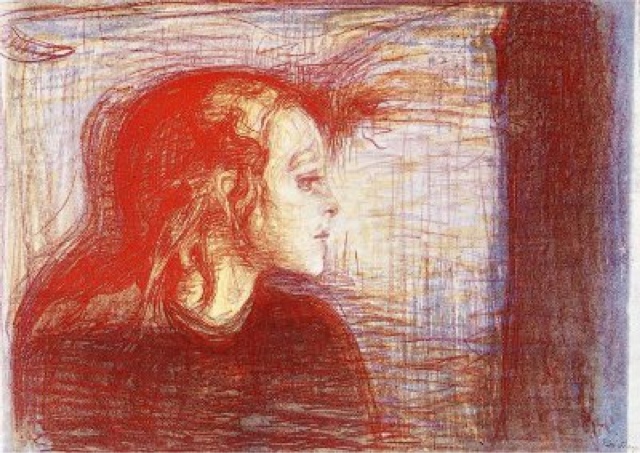It has now been nearly 4 weeks of the MA. The time has just flown by, I can't even conceive of what I've managed to do already. Directed a scene from Duchess, performed in a scene, created a presentation, read a mountain of plays (some required, some chosen). Agreed, disagreed, viewed 3 performances (two for school), had to turn down 2 amazing experiences (Marat/Sade, and Ralph Fiennes masterclass). Been amazed by the skill and talent around me, both in tutors and fellow students.
What is really resonating with me is the theme of choice. In the characters, in myself, in those around me. We were debating a bit yesterday about who the main character is in the Duchess of Malfi, and the role of the duchesss in the story. Are we meant to feel sorry for her? I don't necessarily thing we are to feel sorry for her, but I do think that the play as a whole hinges on her making a choice. Another student debated with me that she is selfish and doesn't think of the impact her choice to marry/have kids will have on others.....I'm not sure I agree on that being the case. She chooses not the specific act of marriage/kids against her brothers' will; she chooses power. Power over her own life, and those directly related. And what we see is the consequence of someone choosing power; ultimately her downfall. I don't see the Duchess' situation as necessarily female - even a man, choosing power (Macbeth anyone?) will suffer a downfall. For me, this is the tragedy in the play. Of course there are hundreds of other perspectives, social norms, etc, that play in to the situation, why her choice causes these events...but again it all comes back to choosing power.
The other major topic of choice for me is selecting the play on which I will write my dissertation. Somehow this feels like the most significant choice of my academic life; what if I choose poorly? What if the play I select doesn't align with my ideas about theatre any longer by January or February...what then?? Realistically I don't see this changing too much, but the idea of making such a significant choice, standing up for this....is rather frightening.
Overall, I am feeling good in the course; there are always moments that bother me, but surprisingly they have been on the academic side more so than on the practical side of the course. This is surprising, as generally one thinks that the subjective artistic side will be where disagreements form. Instead, I feel like each day, each tutor seems to re-affirm a thought or inclination I have had about creating work, approaching the work. Conversely the academic side sometimes bristles against my sensibilities; I keep wanting to yell out to challenge the reduction of theatre to a series of symbols, influenced and informed only by what the audience brings to the theatre. Shouldn't good work allow audience members to interact on all levels? Whether "well-read" or not at all....whether they come with a lot of theatrical viewing experience or not. This was really getting to me, so I have been reading in full the argument for phenomenology in the theatre in the States text. I am hoping that positioning the idea in the full argument will help me better understand, for right now it is feeling reductionist, and making me angry.
I should clarify the image as well - for me, this close up looks like someone reflecting on choice, how to proceed, what comes next. There is a mixture of despair and hope.
image: Edvard Munch - The Sick Child

